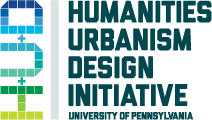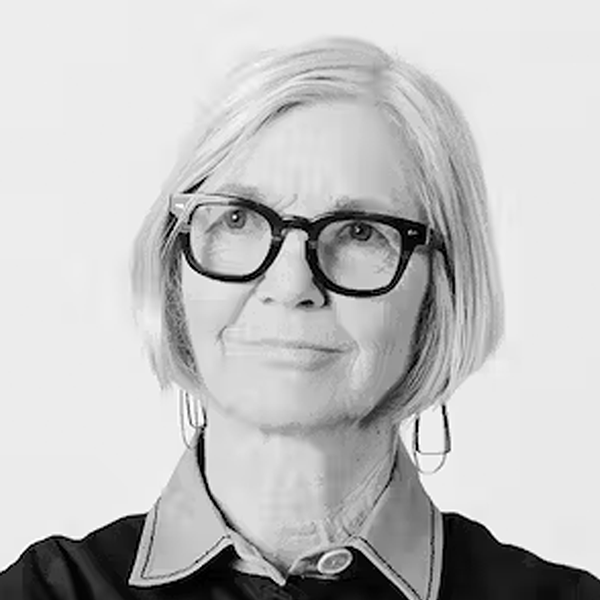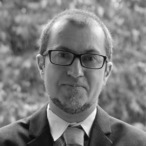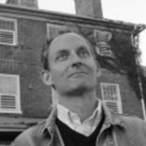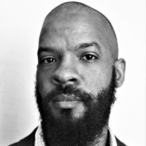Program
FEBRUARY 27, 2025 / 6:00PM / PERRY WORLD HOUSE
ADVANCING SPATIAL JUSTICE: THE CITY IN THE ACADEMY
keynote address by Dana Cuff
In order to advance spatial justice, academics activate the city –with all its humanity and complexity– within the university. Such productively transformative practices aimed at public impact are forms of activism, and require rethinking the relationship between the humanities, urbanism, and design. Dana Cuff will describe two overlapping efforts she spearheaded: the design research center, cityLAB, and the Urban Humanities Initiative, a transdisciplinary, project-oriented pedagogy. These innovative models result in far-reaching impacts and demonstrate the potential of recasting research into activism, bringing to life glimpses of a more just city.
FEBRUARY 28, 2025 / KISLAK CENTER
SESSION 1 – 9:30 AM-11:00 AM
ENVIRONMENTAL JUSTICE AND DECOLONIZING URBAN SPACE
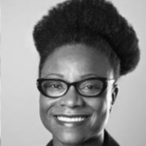
Keisha-Khan Perry University of Pennsylvania

Lisa Mitchell University of Pennsylvania

Jonathan S. Anjaria Brandeis University
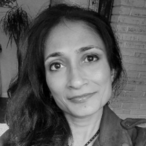
Malini Ranganathan American University
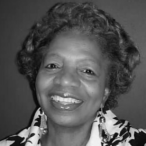
Patricia E. Green Patricia E. Green Architects
Colonialism, political economy, race, and caste have imprinted themselves on the physical fabric of the city in ways that have effectively privatized and segregated public space and entrenched environmental injustice. Panelists in this session will discuss how mobility practices, attention to sustainability, labor and slum activism, anti-fascist politics, and historic preservation can point the way toward healthier and more equitable cities.
SESSION 2 – 11:15 AM-12:45 PM
IMAGINED FUTURES – FICTIONS AND TECHNO OTHERINGS
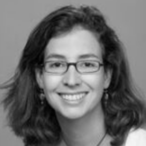
Andrea Goulet University of Pennsylvania
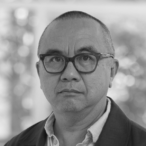
Ken Lum University of Pennsylvania
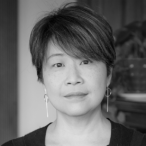
Betsy Huang Clark University
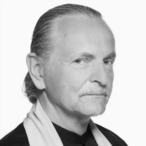
Krzysztof Wodiczko Harvard University
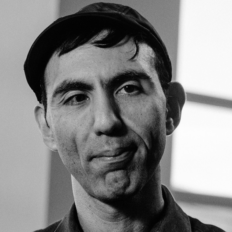
Orkan Telhan Ecovative
Works of art and fiction offer spaces of imaginative and intellectual reprieve, even in the most challenging of times. Imaginings of worlds that are yet to come and far from here, contribute in ways both inspirational and critical. Articulated visions of alternate realties help us acknowledge, name, and confront the other—be it human, more than human, ecological or technological. We process personal and political form of reconciliation through re-imagined traumas, celebrations, and happenings. The environmental crisis speaks through Solar Punk, while our anxieties about technology live in Cyber Punk. This session speaks to the value of speculative fictions—via text and image—for addressing some of the most acute challenges facing the humanities, urbanism, and design.
SESSION 3 – 02:00 PM-03:30 PM
SPATIALIZED CAPITALISM IN URBANISM’S SHADOW
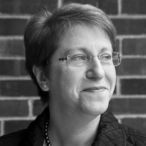
Franca Trubiano University of Pennsylvania

Donovan Schaefer University of Pennsylvania
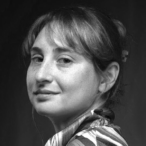
Kate Wagner The Nation
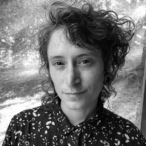
Erin McElroy University of Washington
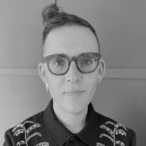
Bench Ansfield Temple University
This session asks in what way are urban forms of occupation creatively sustained or politically disengaged by capital’s shadows? In the 21st-century city, the built environment is saturated with capital at the intersection point of an ensemble of technologies of power and resistance. The materiality of architecture and the built environment are defined by modalities of spatialization and measurement (data, mappings, and recordings) that can empower or disenfranchise those who are its inadvertent consumers or targets. A full spectrum of analogue and digital modes of representing income, race, displacement, abandonment, removal, resources, movement, and construction controls the access and appropriation of space.
SESSION 4 – 03:45 PM-05:15 PM
